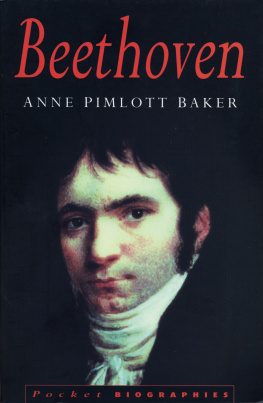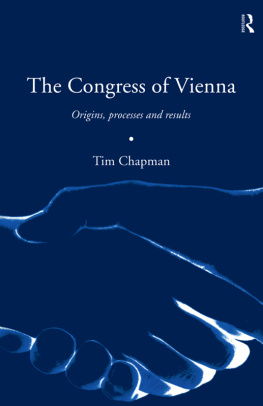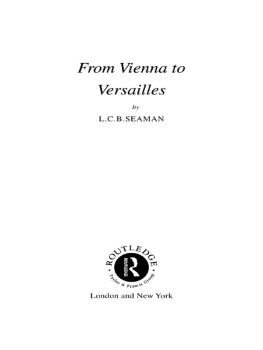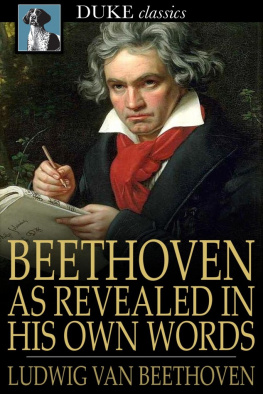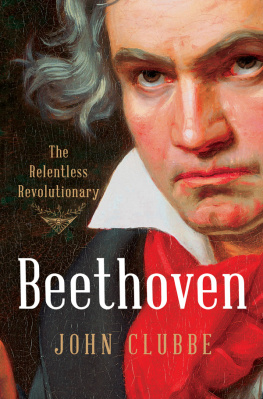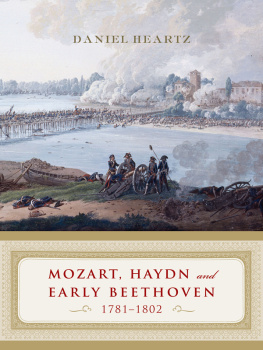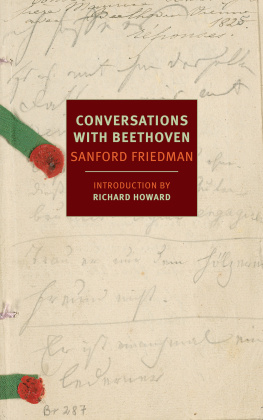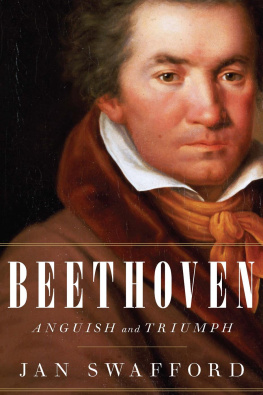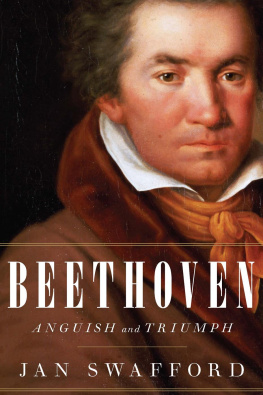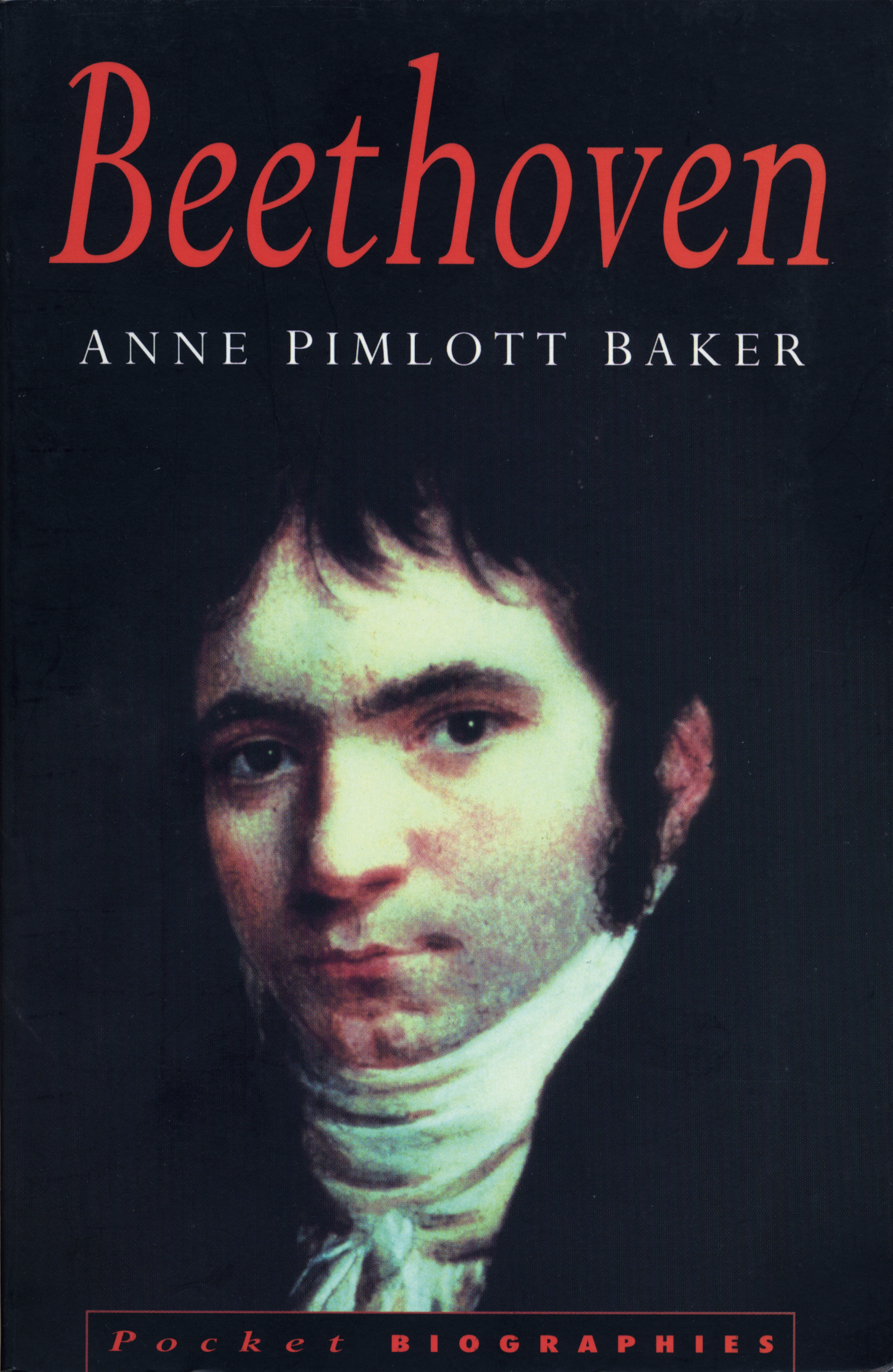Beethoven
PocketBIOGRAPHIES
Beethoven
ANNE PIMLOTT BAKER

First published in 1997
The History Press
The Mill, Brimscombe Port
Stroud, Gloucestershire, GL 5 2 QG
www.thehistorypress.co.uk
This ebook edition first published in 2011
All rights reserved
Anne Pimlott Baker, 1997, 2011
The right of Anne Pimlott Baker, to be identified as the Author of this work has been asserted in accordance with the Copyrights, Designs and Patents Act 1988.
This ebook is copyright material and must not be copied, reproduced, transferred, distributed, leased, licensed or publicly performed or used in any way except as specifically permitted in writing by the publishers, as allowed under the terms and conditions under which it was purchased or as strictly permitted by applicable copyright law. Any unauthorised distribution or use of this text may be a direct infringement of the authors and publishers rights, and those responsible may be liable in law accordingly.
EPUB ISBN 978 0 7524 7526 4
MOBI ISBN 978 0 7524 7525 7
Original typesetting by The History Press
CONTENTS
To us musicians the work of Beethoven parallels the pillars of smoke and fire which led the Israelites through the desert.
Franz Liszt, 1852
CHRONOLOGY
15 or 16 Dec. 1770 | Beethoven born at 515 Bonngasse, Bonn |
26 Mar. 1778 | Beethoven first performs in public, in Cologne |
1780 | Beethoven begins lessons with Christian Gottlob Neefe |
15 April 1784 | Death of Elector Maximilian Friedrich |
June 1784 | Beethoven appointed assistant court organist to Elector of Cologne |
Mar.May 1787 | Beethoven visits Vienna to study with Mozart |
17 July 1787 | Death of Beethovens mother |
20 Nov. 1789 | Beethovens father retires |
25 Dec. 1790 | Haydn visits Bonn on his way to London |
Nov. 1792 | Beethoven goes to Vienna to study with Haydn, and never returns |
18 Dec. 1792 | Death of Beethovens father |
29 Mar. 1795 | Beethovens first public performance in Vienna |
Summer 1795 | Publication of his three Piano Trios, op. 1 |
2 April 1800 | Beethovens first benefit concert in Vienna |
Oct. 1802 | Beethoven writes the Heiligenstadt Testament |
Jan. 1803 | Beethoven appointed composer at Theater an der Wien |
5 April 1803 | Benefit concert at Theater an der Wien |
April 1804 | Contract at Theater an der Wien lapses |
13 Nov. 1805 | French occupation of Vienna |
20 Nov. 1805 | First performance of Leonore (revised as Fidelio 1814) |
Nov. 1806 | Razumovsky quartets completed |
13 Sept. 1807 | Mass in C performed at Eisenstadt |
Oct. 1808 | Beethoven invited to be Kapellmeister to King of Westphalia |
22 Dec. 1808 | Benefit concert, including Fifth and Sixth Symphonies |
Mar. 1809 | Annuity contract of 4,000 florins a year |
1112 May 1809 | French bombardment and occupation of Vienna |
31 May 1809 | Death of Haydn |
67 July 1812 | Immortal Beloved letters |
July 1812 | Beethoven meets Goethe at Teplitz |
8 Dec. 1813 | First performance of Wellingtons Victory |
29 Nov. 1814 | Gala concert before rulers of Europe |
15 Nov. 1815 | Death of Carl Caspar van Beethoven |
8 April 1820 | Court of Appeal rules in Beethovens favour over guardianship of Karl |
Jan. 1823 | Beethoven accepts commission for three quartets from Prince Galitzin |
7 May 1824 | Benefit concert includes premire of Ninth Symphony |
6 Aug. 1826 | Karl attempts suicide |
2 Dec. 1826 | Beethoven falls ill on journey back to Vienna from Gneixendorf |
26 Mar. 1827 | Death of Beethoven at his lodgings in the Schwarzspanierhaus, Vienna |
ONE
A SERVANT OF
THE COURT
L udwig van Beethoven was born on 15 or 16 December 1770 in lodgings at 515 Bonngasse in Bonn, chosen as the residence of the Elector of Cologne in 1257. The Catholic Electorate of Cologne was part of the Holy Roman Empire, ruled from Vienna by the Hapsburg monarchy, and the Elector was both archbishop and secular ruler. Bonn had no industry or commerce, and existed solely as the seat of the court it was said that all Bonn was fed from the Electors kitchen with a population of about 9,500 in 1770. Beethovens grandfather, Ludwig van Beethoven, came from Malines, near Antwerp, in the Austrian Netherlands; son of a master baker, he was a bass singer in the electoral chapel at Bonn from 1733 until his appointment as Kapellmeister to the Elector in 1761. As Kapellmeister he was in charge not only of the chapel choir and the music for the services, but was also responsible for the court ballroom, concert hall and theatre. He managed to find time to run a successful wine business on the side, but his wife was removed to a nunnery because of drunkenness. Beethoven idolized his grandfather, although he had died in 1773 when Beethoven was only three, and always hoped to become a Kapellmeister himself, even going so far as to give himself the title Royal Imperial Kapellmeister and Composer in 1818.
Ludwig van Beethovens only surviving child was Beethovens father, Johann van Beethoven, born in about 1740, also a court musician in Bonn, a tenor singer and music teacher. In 1767, against his fathers wishes, he married Maria Magdalena, daughter of Heinrich Keverich, overseer of the kitchen at the palace of the Elector of Trier. His father alleged that she had been a chambermaid, but there is no evidence that this was so. She was a young widow, previously married to the valet of the Elector of Trier. Beethoven was their second child: their first child, Ludwig Maria, baptised on 2 April 1769, lived for only six days. They went on to have five more children after Beethoven, but only two, Caspar Anton Carl, born in 1774, and Nikolaus Johann, born in 1776, survived infancy. The last, Maria Margaretha, died aged one, in 1787, four months after the death of her mother.
Beethoven seems to have been confused for most of his life about the year of his birth, maintaining that he was born in 1771, not 1770; after he moved to Vienna he regularly deducted two years, or sometimes more, from his age, insisting that the baptismal certificate from 17 December 1770 was that of his elder brother Ludwig Maria and that his own had either disappeared or had never existed. It has sometimes been said that Beethovens father was responsible for falsifying his sons age in order to promote him as a child prodigy like Mozart, but it seems that Johann van Beethoven was not to blame for this, and that Beethoven himself believed his birthdate to be wrong. This is connected to another of Beethovens fantasies, that he was of noble birth, and that his true ancestry had been concealed by Johann and Maria, who were not his real parents at all. From 1810 the rumour circulated that Beethoven was the illegitimate son of a king of Prussia (either Friedrich Wilhelm II or Frederick the Great), and this was perpetuated in music encyclopedias for the rest of his life. He never denied it. He passed as a member of the nobility in Vienna, where it was assumed, wrongly, that van was the equivalent of the German von.

